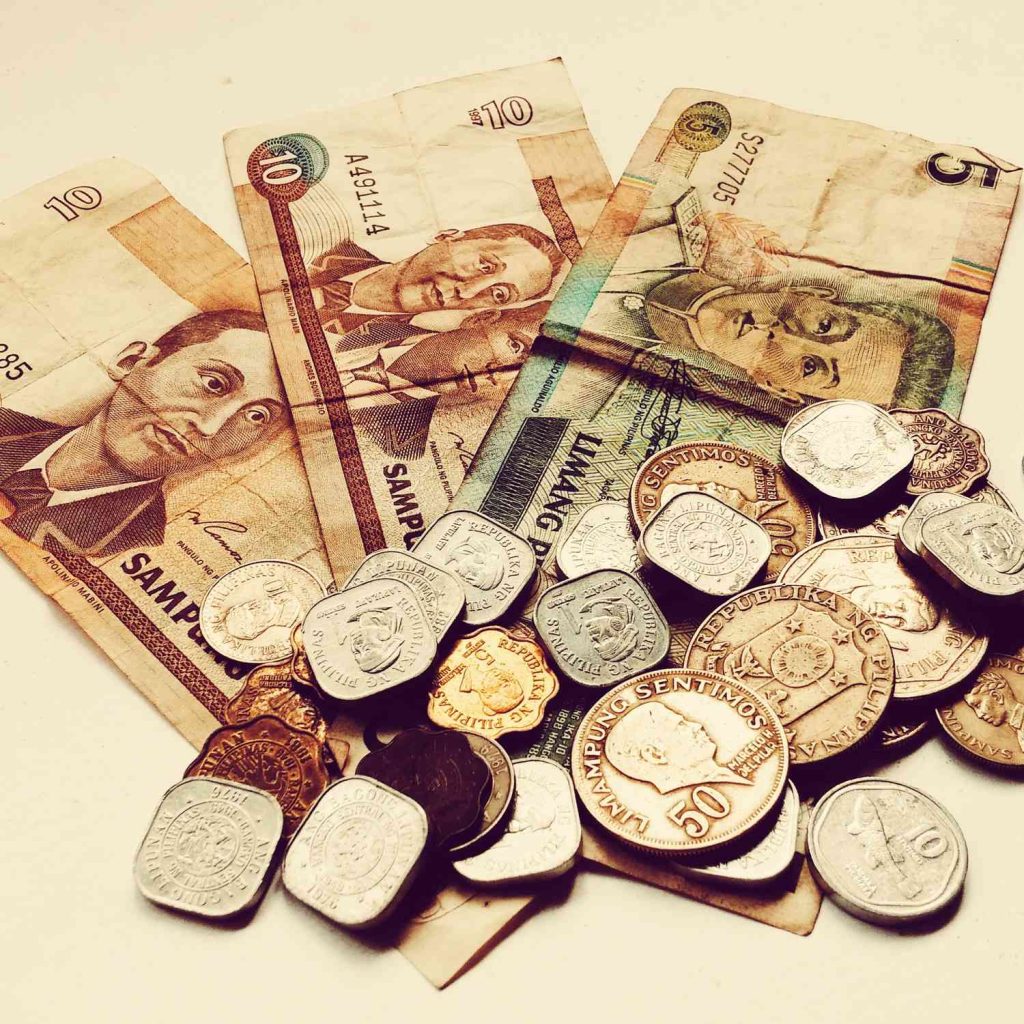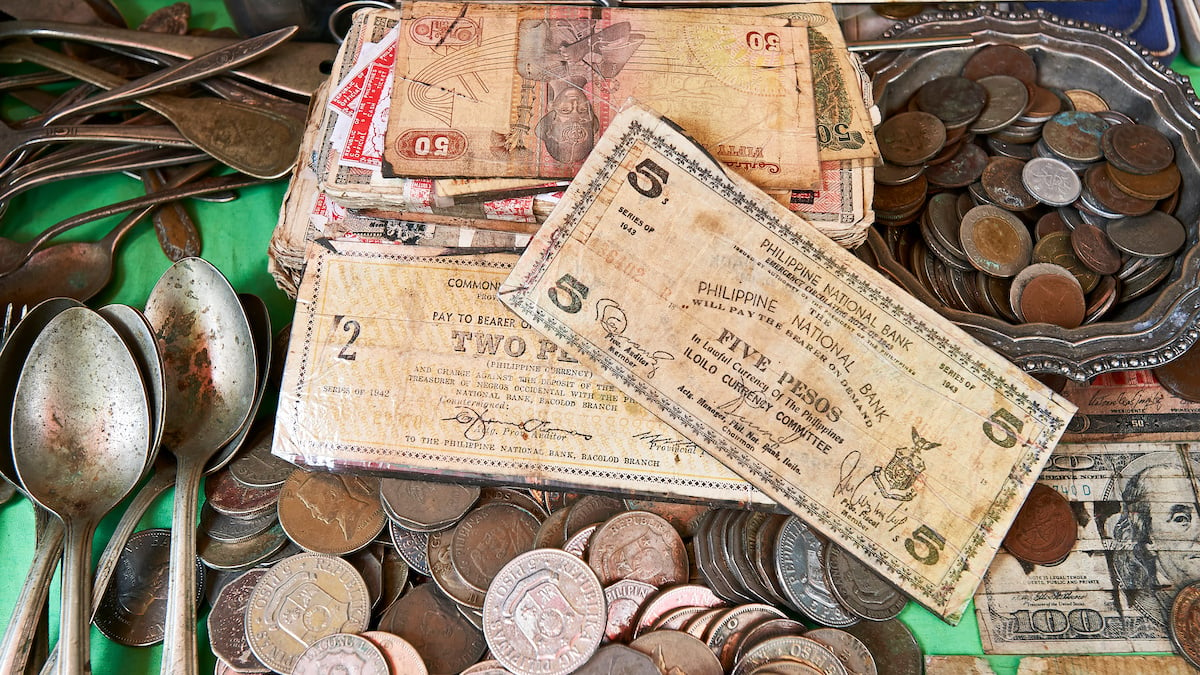Building a strong credit history is essential for financial stability and accessing credit facilities when needed. In the Philippines, having a robust credit history can open doors to various financial opportunities. This article aims to guide individuals on how to establish and maintain a positive credit history, allowing them to make well-informed financial decisions and achieve their goals.
Understanding Credit Scores and Reports
Before diving into building a strong credit history, it is crucial to understand credit scores and reports. Credit scores are numerical representations of an individual’s creditworthiness, while credit reports provide detailed information about their credit activities. Knowing how credit scores are calculated and what information is present in credit reports is the first step towards improving one’s creditworthiness.
Checking and Monitoring Credit Reports

Regularly checking and monitoring credit reports is essential to ensure accuracy and detect any errors or fraudulent activities. Monitoring services and credit bureaus can help individuals stay on top of their credit information and address any discrepancies promptly.
Paying Bills on Time
Consistently paying bills on time is one of the most critical factors in building a strong credit history. Late payments can negatively impact credit scores and may stay on credit reports for several years. Setting up automatic payments or reminders can help individuals avoid missing due dates.
Reducing Debts and Utilization
High credit card balances and outstanding debts can hurt credit scores. It is advisable to reduce debts and keep credit utilization low. Striving to maintain a credit utilization rate below 30% can positively influence credit scores.
Diversifying Credit Types

Having a mix of different credit types, such as credit cards, personal loans, or installment plans, can demonstrate responsible credit management. Lenders often view borrowers with diverse credit experiences as less risky.
Avoiding Excessive Credit Applications
Frequent credit applications can be perceived as financial instability by lenders. Limiting credit inquiries and applications can prevent unnecessary dings on credit scores.
Becoming an Authorized User
Becoming an authorized user on a family member’s or friend’s credit card with a strong credit history can positively impact one’s own credit score. However, both parties should understand the responsibilities and risks involved in this arrangement.
Building a Positive Payment History
Consistently making on-time payments over an extended period can significantly improve credit scores. This responsible payment history shows lenders that an individual can manage credit responsibly.
Seeking Professional Advice
For those who find it challenging to navigate the complexities of credit building, seeking advice from financial experts or credit counselors can be beneficial. These professionals can provide personalized guidance and strategies for improving credit scores.
Being Patient and Persistent
Building a strong credit history is not an overnight process. It requires patience, discipline, and persistence. Individuals should avoid shortcuts and focus on building a positive credit history gradually.
A strong credit history is a valuable asset that can provide financial security and opportunities in the Philippines. By understanding credit scores, monitoring credit reports, paying bills on time, reducing debts, and following the other strategies mentioned in this article, individuals can take control of their financial future and build a credit history that opens doors to various financial possibilities.




Leave a Reply